Muyongo cannot come back – Lukato
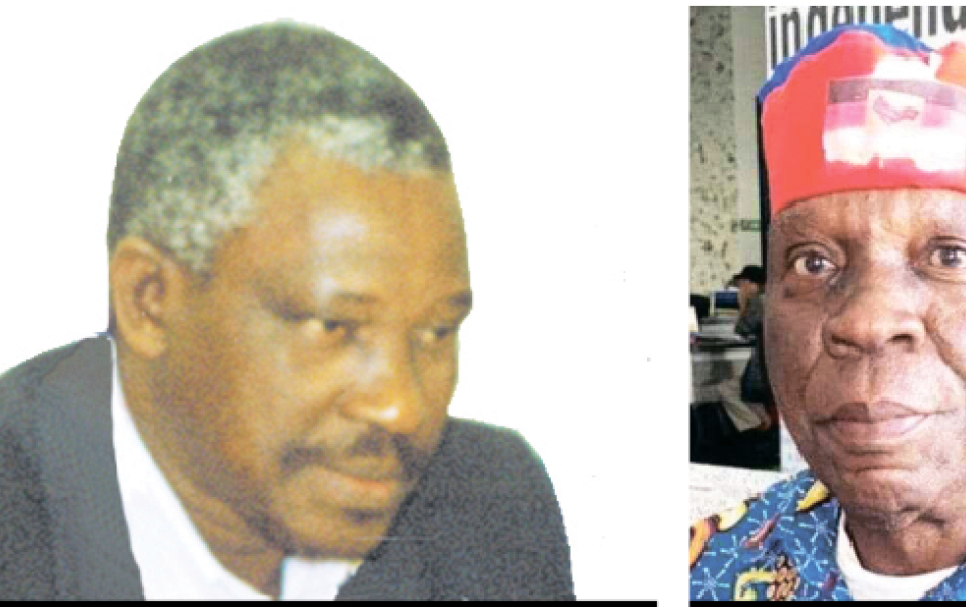
- By Patience Makwele
National Democratic Party (NDP) leader and member of parliament, Martin Lukato is of the opinion that exiled politician Mishake Muyongo cannot return to Namibia without a mediated resolution. Muyongo fled Namibia for Denmark after being linked to a failed attempt to separate the former Caprivi region (now Zambezi)from the rest of the country.
Lukato’s comments come in response to an illegal protest which took place on Wednesday in Zambezi region by the United Democratic Party (UDP) members and supporters demanding for the secession of the area. Online sources has it that this party was formed by Muyongo back in 1985.
In an exclusive interview with Confidente, Lukato warned that unless the unresolved grievances of former UDP members and their supporters are addressed meaningfully, Namibia risks another wave of political unrest and arrests. “Muyongo fled the country. He cannot just come back unless there is a political agreement, something resolved between SWAPO and UDP in a third country,” said Lukato.
“If this issue remains unresolved, it will only repeat itself and we will continue to see people arrested, like before,” he added.
Lukato explained that: “Some people are still in prison. Others died in exile. And now, they are advocating for autonomy. That is the real issue. If this continues without a solution, they will be arrested again. That is what I see coming.”
He warned that arrests and bans are not solutions to political grievances and urged the government to acknowledge the issue and pursue a peaceful resolution. Drawing on his own experience with the United Nations in peacekeeping missions, Lukato called for a neutral, internationally mediated dialogue between SWAPO and the UDP.
“We need a United Nations-mediated process. Not tomorrow, but now. Otherwise, this will go on and on, and more people will suffer.”
He invoked the example of Angola, where former enemies UNITA and MPLA eventually formed a joint government after years of bloodshed. “You do not win wars with guns. You win peace around the table. That is what Angola did. That is what Namibia must do. Muyongo was once vice president of SWAPO. They sat together in Lusaka in the 1950s.
[Former President Hifikepunye] Pohamba is still alive. Muyongo is still alive. They must talk before it is too late.”
He insisted that resolving the issue would not only bring peace to Zambezi region, but also restore national unity.
Zambezi regional governor Lawrence Sampofu vehemently condemned the secessionist demands, declaring that any call for the dismemberment of the Namibian territory is a “serious crime against the nation”.
“[This] stance is not only on the regional government, but the whole government of Namibia. According to our constitution, Namibia is not a separate nation. We cannot dismember any constituency or region in Namibia. It stands like that,” said Sampofu.
He added: “These people of the UDP of Muyongo, started a long time back, some of them are still in prison.
I have to be very straightforward here, our government is lenient with these people because why should we keep other people in prisons and leave some shouting outside that ‘we want to cut Caprivi?’. No, we must take a stand here.
“Anybody shouting for the separation of Caprivi must go to prison. We do not go for secessionism. So I would like to see this problem put to rest and all these lunatics brought to book,” he stated. Political analysts Federico Links maintained that the constitutional right to freedom of expression.
“I believe they have a right to express themselves where they feel they belong. I think that they are within their rights to [do so]. I think they want to be independent. That is freedom of expression,” Links said. “I do not support the view ofcourse, to be honest I cannot say that I have strong feelings about it. But I feel it is within the legitimate political sphere that what they are demanding is legitimate political expression. “
Sakiaria Johaness, a political analyst as well, said this is a historical problem making it difficult to tell who is wrong and right.
He further suggested that the protests stems from feelings of marginalization.
“However, in my opinion, I think these people feel neglected. They are not recognised. It is a problem that needs to be solved by the government.”
- 293 views


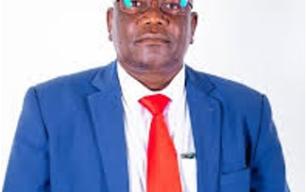
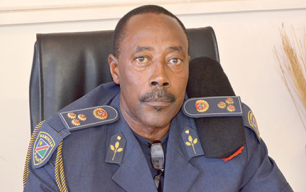

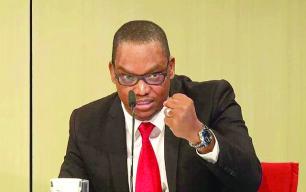
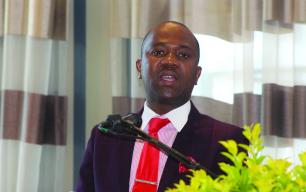
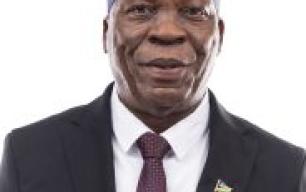
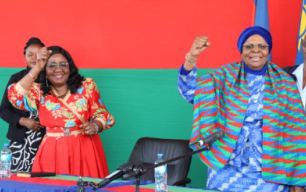
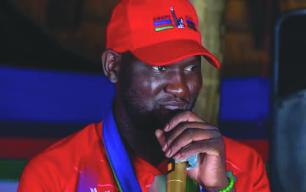
Comments